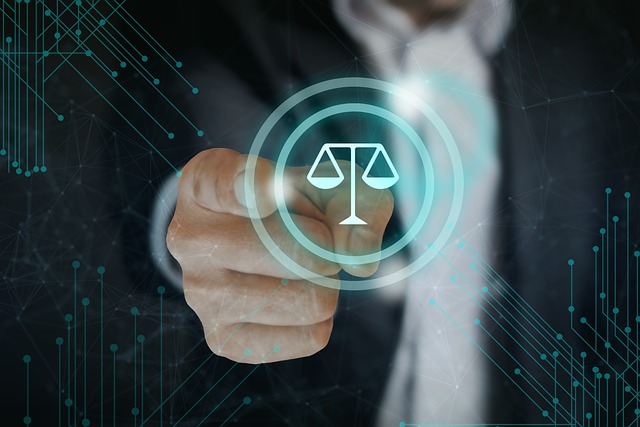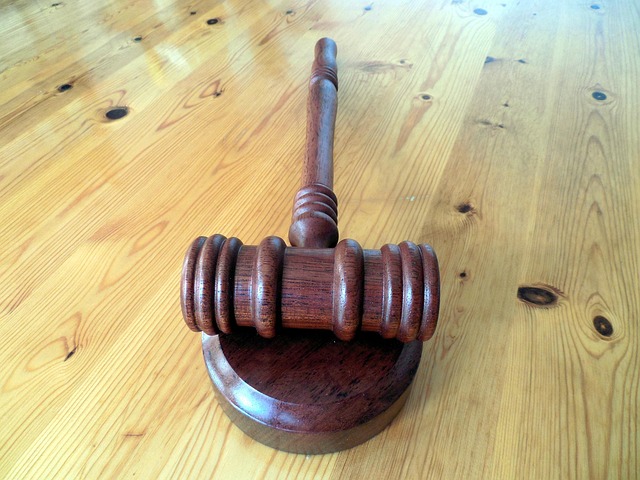Corporate crime investigations within administrative law face challenges like navigating complex regulations and balancing diverse interests while aiming for justice, market integrity, and deterrence. Meticulous scrutiny of corporate structures, financial transactions, and compliance is crucial to build defenses or secure compelling evidence. By addressing common issues in administrative law cases—such as inadequate internal controls, insufficient training, and a lack of transparency—proactive corporate governance can prevent investigations, reduce risks, protect clients, and mitigate penalties. Effective investigation techniques and robust evidence management are key to exposing misconduct and maintaining corporate integrity.
Corporate Crime Investigations delve into complex legal landscapes, particularly within administrative law. This article explores key facets, including Understanding Corporate Crime Investigations from a legal perspective, and dissecting Common Issues in Administrative Law Cases that often arise. We examine strategies to overcome challenges, emphasizing the critical role of evidence in projections of corporate crime. Furthermore, we highlight preventive measures aimed at strengthening corporate governance for enhanced legal compliance.
- Understanding Corporate Crime Investigations: A Legal Perspective
- Common Issues in Administrative Law Cases: Challenges and Solutions
- The Role of Evidence in Corporate Crime Projections
- Preventive Measures: Strengthening Corporate Governance for Legal Compliance
Understanding Corporate Crime Investigations: A Legal Perspective

Corporate Crime Investigations from a legal perspective involve navigating complex terrain where white collar and economic crimes often blur the lines between corporate entities and their individual clients. These cases, typically stemming from violations of administrative laws, present unique challenges that demand meticulous scrutiny. Understanding the nuances of corporate structures, financial transactions, and regulatory compliance is crucial for building solid defenses or securing compelling evidence.
The process demands a keen eye for detail as investigators delve into intricate financial records, corporate governance practices, and communication threads to unravel the common issues in administrative law cases. The goal is not just to win challenging defense verdicts but also to ensure justice, maintain market integrity, and deter future misconduct. This delicate balance requires a strategic approach that respects the rights of both corporate and individual clients while upholding the rule of law.
Common Issues in Administrative Law Cases: Challenges and Solutions

In common issues in administrative law cases, investigations into corporate crimes often face unique challenges. One significant hurdle is the complex web of regulations and laws that govern business activities, making it difficult to pinpoint specific misconduct. This complexity requires investigators to possess a profound understanding of various legal domains, from financial regulations to environmental standards. Furthermore, the involvement of both philanthropic and political communities in corporate governance adds another layer of complexity, as these entities may have conflicting interests and expectations.
Addressing these challenges demands a systematic approach. One effective solution is to establish clear guidelines and protocols for all stages of the investigative and enforcement process. Standardized procedures ensure consistency and reduce the potential for bias or misinterpretation. Additionally, fostering collaboration between law enforcement agencies, regulatory bodies, and industry experts can significantly enhance investigation outcomes. By leveraging collective knowledge, investigators can navigate the labyrinthine aspects of administrative law while aiming to avoid indictment and promote fair, just, and effective corporate crime investigations.
The Role of Evidence in Corporate Crime Projections

In Corporate Crime Investigations, evidence plays a pivotal role in projecting and preventing future offenses. The process involves meticulous gathering and analysis of data, documents, financial records, and digital evidence to establish corporate misconduct. Common Issues in Administrative Law Cases often surface during this phase, as organizations must navigate complex legal frameworks to ensure admissibility and authenticity of proof. An unprecedented track record of successful white collar defense strategies relies heavily on robust evidence management, which can significantly sway the outcome of both civil and criminal proceedings.
Effective investigation techniques are crucial for unveiling hidden patterns and connections that may indicate larger-scale fraud or corruption. By leveraging evidence, investigators can build compelling cases that not only lead to accurate projections but also serve as deterrents. This proactive approach, backed by solid proof, is essential in maintaining integrity within corporate structures, thereby reducing the likelihood of future white collar crimes.
Preventive Measures: Strengthening Corporate Governance for Legal Compliance

Strengthening corporate governance is a proactive approach to prevent corporate crime investigations. Many legal compliance issues stem from common mistakes in administrative law cases, such as inadequate internal controls, insufficient training for employees, and a lack of transparency. By implementing robust policies and procedures, companies can better oversee their operations and ensure they comply with relevant laws and regulations. Effective governance involves establishing clear roles and responsibilities, promoting ethical conduct, and fostering a culture of accountability among all levels of the organization.
This proactive stance not only minimizes the risk of white-collar and economic crimes but also helps to protect both corporate and individual clients. Well-designed governance structures serve as deterrents, making it more challenging for individuals to engage in fraudulent activities for their own gain. Furthermore, strong governance practices enable companies to respond swiftly and effectively if an investigation does arise, demonstrating a commitment to legal compliance that can mitigate potential penalties and reputational damage.
Corporate crime investigations require a multifaceted approach, as demonstrated by the exploration of legal perspectives, common challenges in administrative law cases, and the crucial role of evidence. By understanding these aspects, organizations can implement robust preventive measures through enhanced corporate governance, thereby ensuring legal compliance and mitigating potential risks. Addressing common issues in administrative law cases is essential for maintaining integrity within corporate structures, fostering trust among stakeholders, and promoting ethical business practices.






